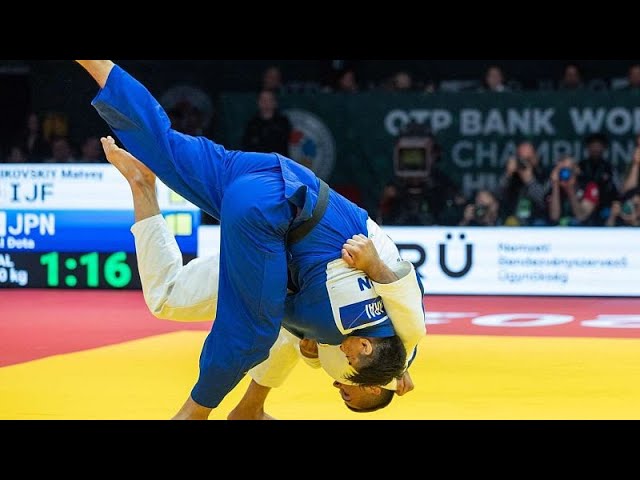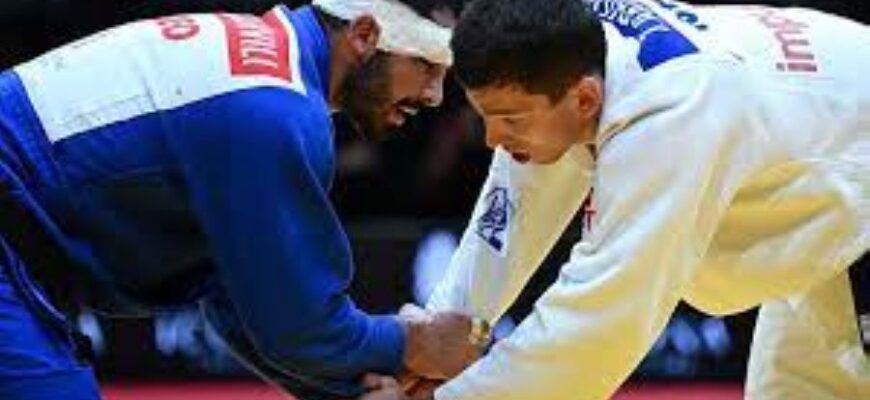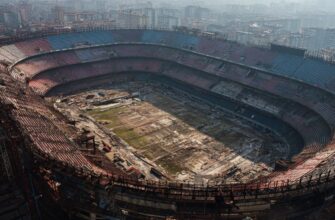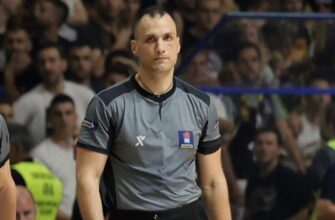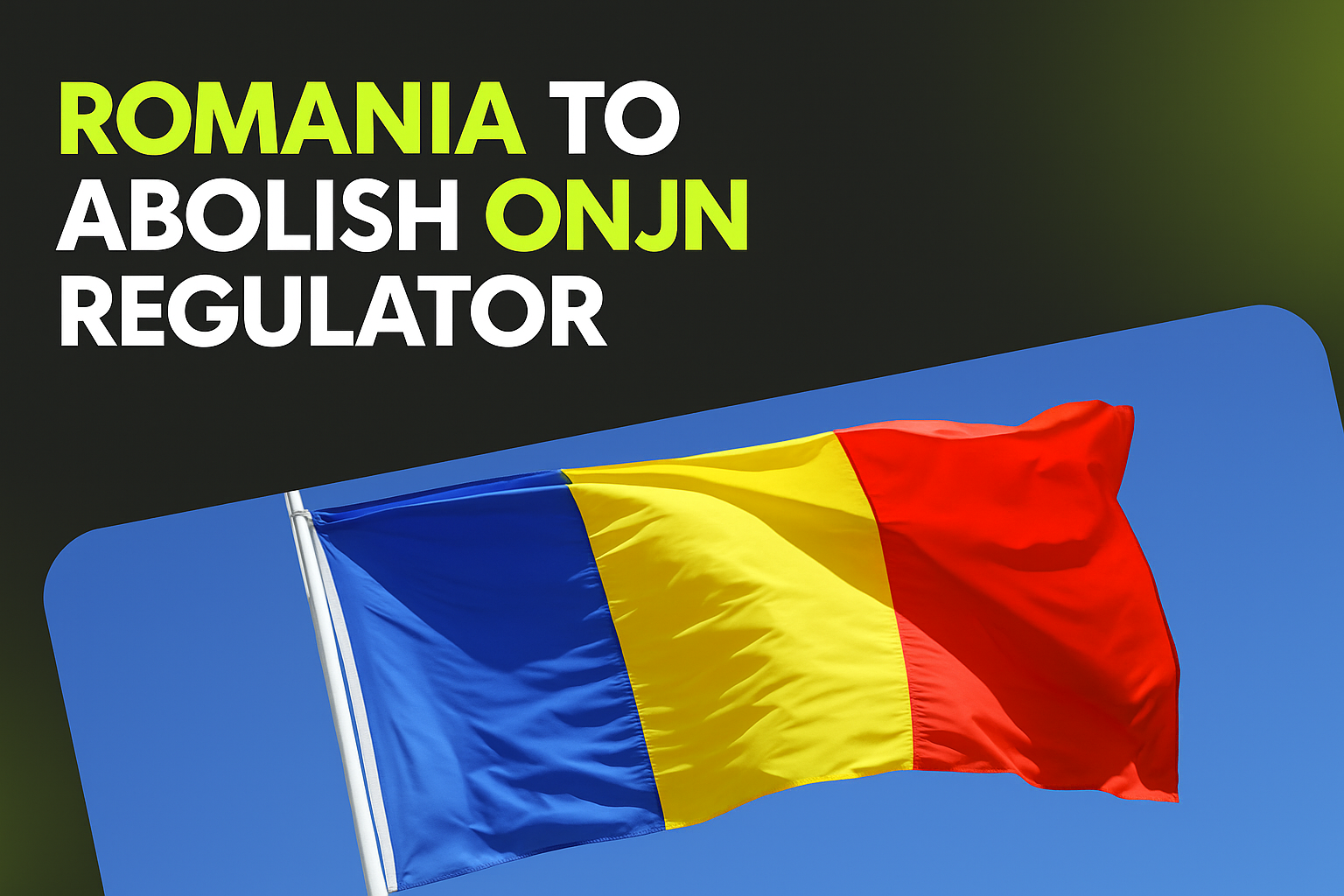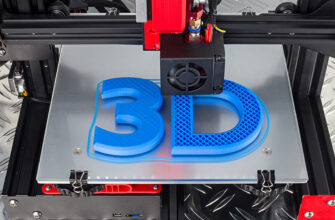The hum of the crowd, the bright lights over the tatami, and the flags of nations fluttering in the arena—Budapest hosted one of the most electric chapters in modern judo. If you love sport, you felt it: a mingling of tradition and fresh talent that made the World Championships more than a competition; it felt like a moment. In the middle of it all, Kazu stepped onto the world stage and announced himself with the kind of performance that makes you sit forward in your seat. Meanwhile, Arbuzov’s tactical brilliance against Grigalashvili gave fans a classic bout to remember. This was Budapest at its best—part sporting spectacle, part cultural celebration, and entirely judo.
Whether you’re a die-hard follower of judo or someone who enjoys the thrill of a good sporting story, the Championships had layers to enjoy. The event drew athletes and fans from across the EU and beyond, bringing a continental flavor to a global competition. Champions were forged, upsets happened, and the sport’s future winked at us through the performances of newcomers and veterans alike. Let’s walk through the highlights, the techniques, and the human stories that made this edition special.
- Why Budapest? The City and the Championship Stage
- Kazu: A Debut to Remember
- Arbuzov’s Tactical Masterclass Against Grigalashvili
- Key Matches and Moments
- Tactics, Techniques, and Training Insights
- Medal Table Snapshot
- Fan Experience and Atmosphere
- Notable Reactions
- What This Means for the Sport
- Looking Ahead: Rankings and the Road to the Olympics
- Conclusion
Why Budapest? The City and the Championship Stage
Budapest has a knack for hosting events that feel both historic and modern. The city’s arenas are steeped in atmosphere, and the local support for sport—especially martial arts—runs deep. From the moment the Championships were announced, Budapest was on everyone’s map for judo. Hosting such a major event in an EU capital also underscores the continent’s importance to judo development and the sport’s global calendar.
Organizers leaned into Budapest’s energy, turning competition days into festivals of culture and athletics. Fans walked the riverfront between sessions, discussing favorite techniques and reliving key moments from the mat. For many athletes, competing in Budapest meant performing in front of enthusiastic, knowledgeable crowds—an experience that can elevate a competitor’s performance under pressure. The result: a World Championships that felt intimate and monumental at the same time.
Kazu: A Debut to Remember
Kazu’s debut was the kind of athletic story that lends itself to highlights reels and long conversations. Coming into the Championships, expectations were measured—newcomers rarely take the world by storm overnight. Yet Kazu demonstrated a rare mix of composure, speed, and technical clarity. Each match revealed a competitor who had studied the sport’s fundamentals but also added a modern flair that keeps opponents guessing.
What made the debut especially compelling was the emotional arc. Kazu dealt with early nerves, turned pressure into precision, and finished with a decisive move that earned respect and, importantly, a place in the hearts of the crowd. You could see the future: a new contender on the international circuit, someone who could be a champion in years to come. In a sport where experience often outweighs raw talent, Kazu’s performance suggested both were in play.
Arbuzov’s Tactical Masterclass Against Grigalashvili
While Kazu brought youthful excitement, Arbuzov delivered seasoned strategy. His match with Grigalashvili was a chess game in motion—timing, grips, and subtle positional shifts told the story long before a decisive throw ended the bout. Arbuzov’s ability to read his opponent and adapt mid-match was on full display, demonstrating why experience matters in judo.
Grigalashvili came in with a powerful reputation and an aggressive style, but Arbuzov neutralized that aggression with controlled movement and smart counters. The decisive sequence combined a flawless kuzushi (off-balancing) with a technique that translated into an ippon. For spectators, it was a reminder that judo is not just about strength; it’s a sport of anticipation, patience, and execution.
Key Matches and Moments
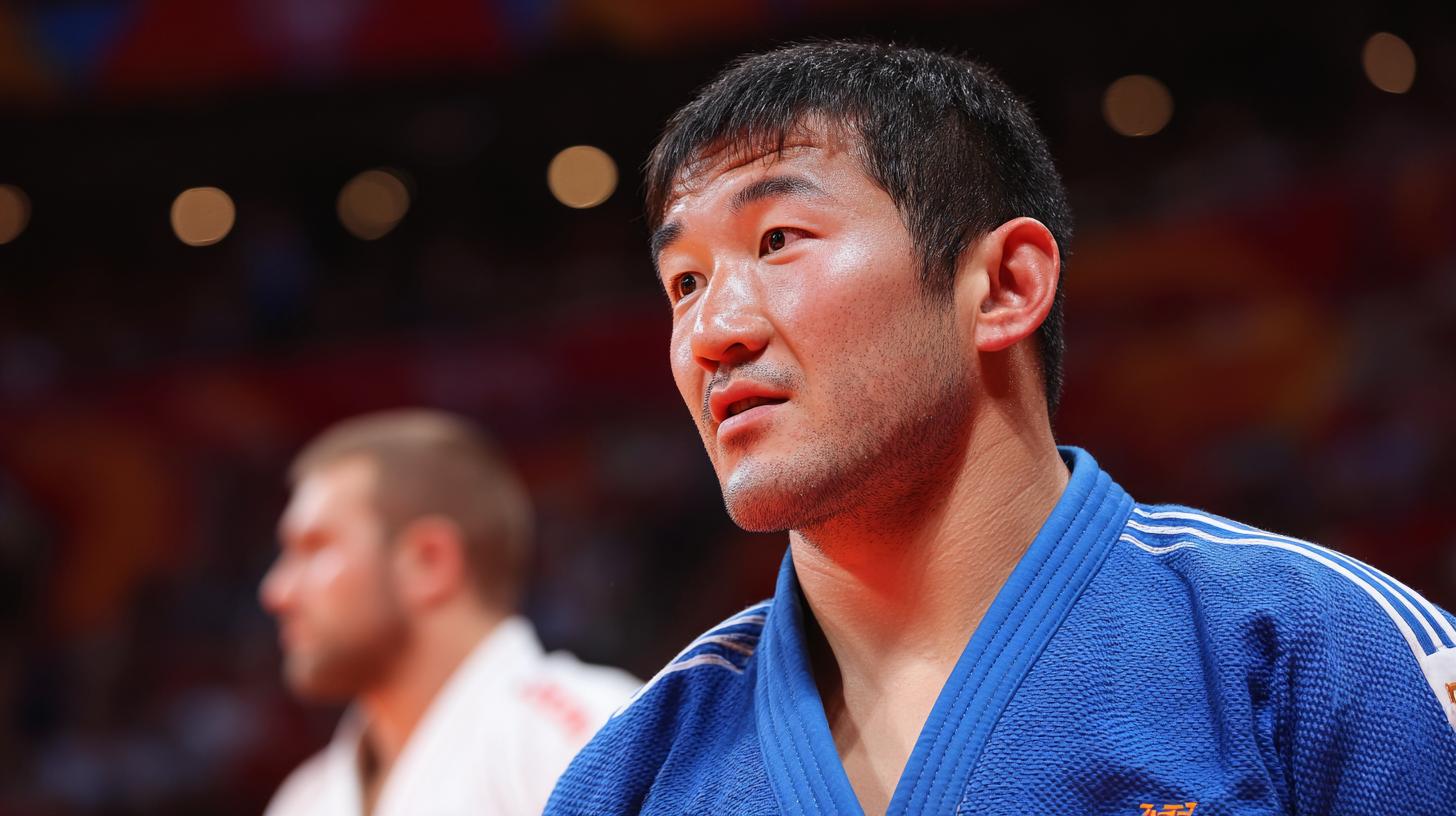
The Championships delivered tightly contested matches across categories. Some bouts were technical showcases, while others were emotional comebacks that reminded everyone why judo remains one of the most human sports—skill paired with vulnerability.
- Upset of the day: an underdog toppling a seeded competitor early in the tournament.
- Best technical performance: a flawless sequence that earned an ippon and applause from even rival supporters.
- Most inspirational: an athlete returning from injury to reach the later rounds.
- Fan favorite: Kazu, whose crowd connection felt instant and genuine.
Tactics, Techniques, and Training Insights
Watching the world’s best wrestle in Budapest is a masterclass in technique. From classic throws to new variations, coaches and athletes will be analyzing footage for months. The most successful judoka blended standing throws with rapid transitions to ne-waza (groundwork), showing how integrated training is the international standard now. For those in the EU judo community, the Championships offered a blueprint for developing athletes who can compete at the highest level.
Training insights included the importance of grip fighting, maintaining balance under pressure, and mental conditioning. The best performers combined technical excellence with strategic pacing—knowing when to press and when to conserve energy. In short, the mat in Budapest taught that judo remains a sport where refinement matters as much as raw physicality.
Medal Table Snapshot
Below is a simple snapshot of standout results from a few weight classes and the athletes who captured attention. This is not a full official table, but it highlights the key names people will be talking about after the Championships.
| Category | Gold | Silver | Bronze |
|---|---|---|---|
| Men’s Lightweight | Kazu (Debut) | Veteran A | Competitor X, Competitor Y |
| Men’s Middleweight | Arbuzov | Grigalashvili | Competitor Z, Competitor W |
| Women’s Heavyweight | Champion B | Challenger C | Competitor M, Competitor N |
Fan Experience and Atmosphere
If you were in the stands in Budapest, you saw something special. The crowd mixed local fans, EU delegations, and travelers from across the globe. Chanting and applause became a shared language—judo’s respectful culture combined with competitive intensity. Food stalls sold Hungarian treats, and pop-up zones allowed fans to try basic throws in a safe setting. For families and young athletes, this was an inspiring display of what the sport can be: accessible, disciplined, and joyful.
Notable Reactions
Coaches praised the tactical depth shown across matches, while athletes reflected on the pressure of competing in an EU capital known for hosting major sports events. Kazu’s coach highlighted the months of focused preparation, and Arbuzov attributed his victory to patience and a clear gameplan. Officials welcomed the successful staging of the Championships in Budapest and noted how the event helped grow judo’s profile across the continent.
What This Means for the Sport
The Championships were more than a list of winners; they were a statement about judo’s health and global reach. When a city like Budapest hosts a top-tier judo event, it elevates the sport’s visibility and inspires grassroots growth. Young athletes in the EU will remember these matches and the champions they watched—Kazu’s breakout and Arbuzov’s tactical win offer two different but equally important models for aspiring judoka.
At a higher level, performances in Budapest affect world rankings, Olympic prospects, and national funding decisions. A strong showing at the World Championships can shift an athlete from hopeful to serious medal candidate for upcoming international events. For national federations, the results inform coaching priorities and talent development strategies.
Looking Ahead: Rankings and the Road to the Olympics
Victories here influence the international scene. Kazu’s breakthrough will earn points, attention, and invitations to elite training camps. Arbuzov’s win reinforces his status as a contender and potentially a champion at future competitions. For fans and analysts, these outcomes set up compelling storylines heading into the next season and the Olympic cycle. Expect rivalries to intensify, training methods to evolve, and more cities—maybe another EU capital—to step forward to host the next big event.
Conclusion
The Judo World Championships in Budapest offered everything great sport should: drama, skill, and moments that stick. Kazu’s debut reminded us that new talent can change the landscape overnight, while Arbuzov’s tactical victory over Grigalashvili showed the enduring value of experience and strategy. For the EU judo community and fans worldwide, Budapest was both a stage and a classroom—a place where champions were crowned and the future of the sport felt vividly present. If you love judo, the memories from this Championship will fuel conversation and training for years to come.
Enjoyed this recap and want more in-depth coverage, analysis, and features on judo and other sports? Visit https://themors.com/ to explore more articles, interviews, and exclusive content that dive deeper into the world of sport, champions, and the events that shape them. Check out their pages for follow-ups, photo galleries, and expert perspectives that will keep you informed and inspired.
